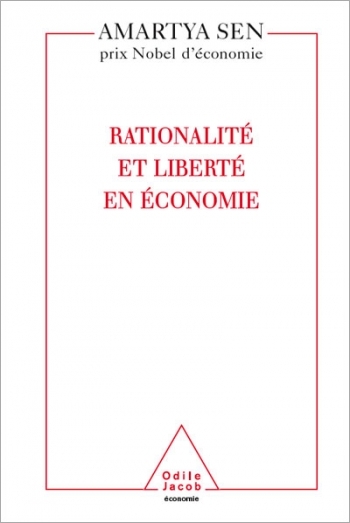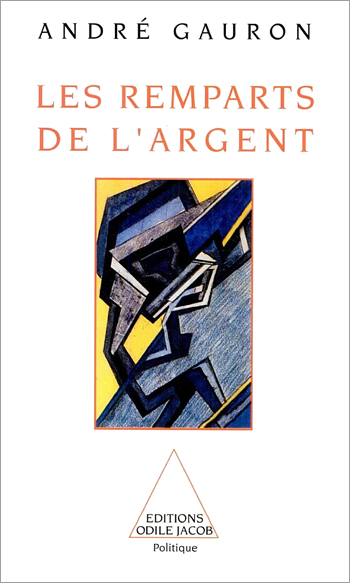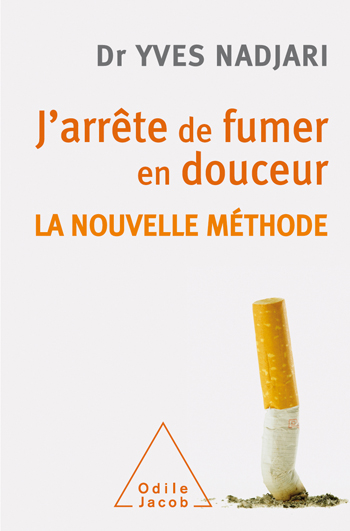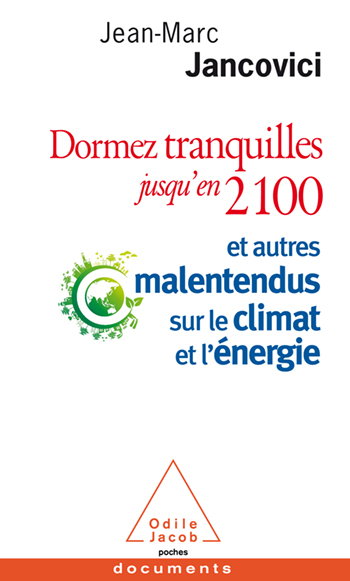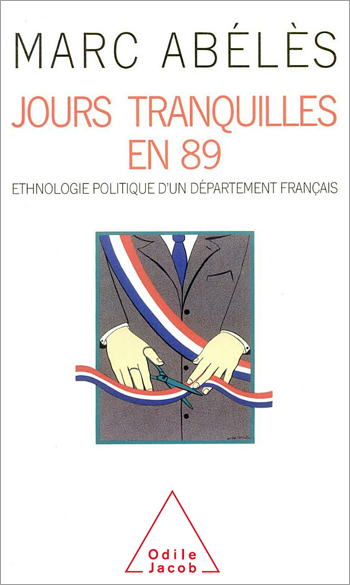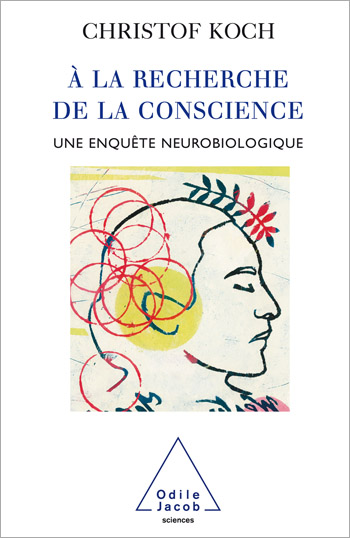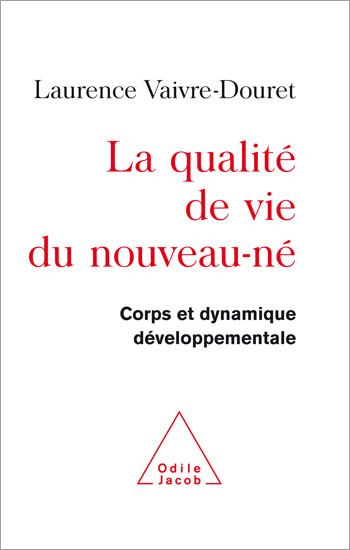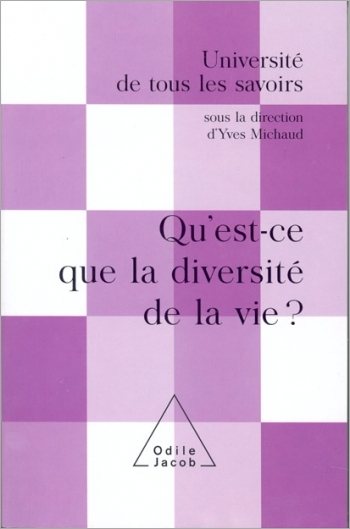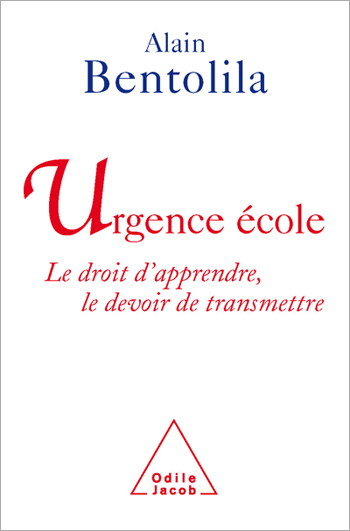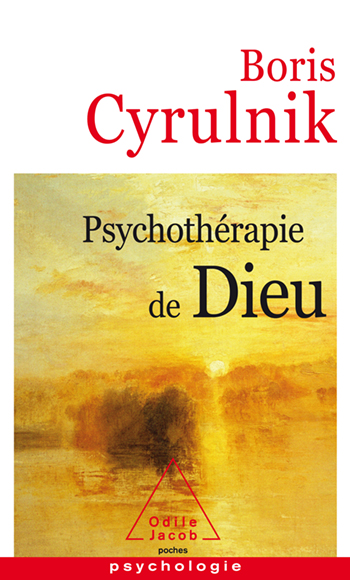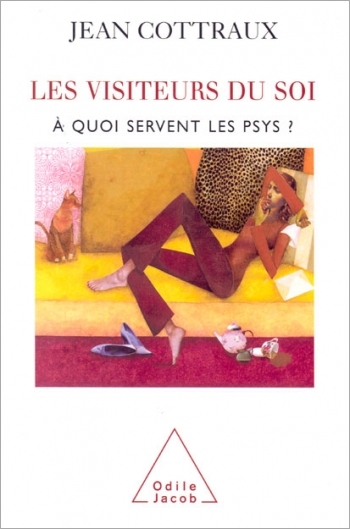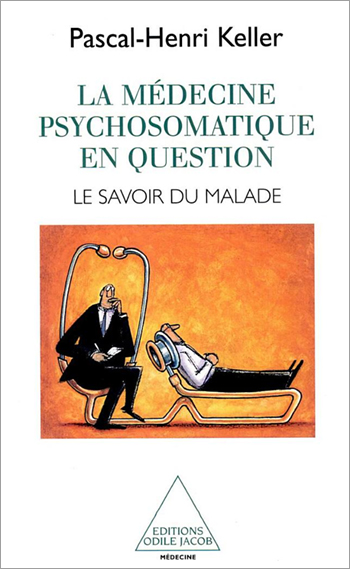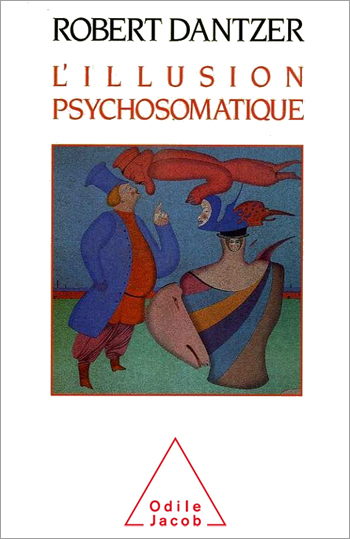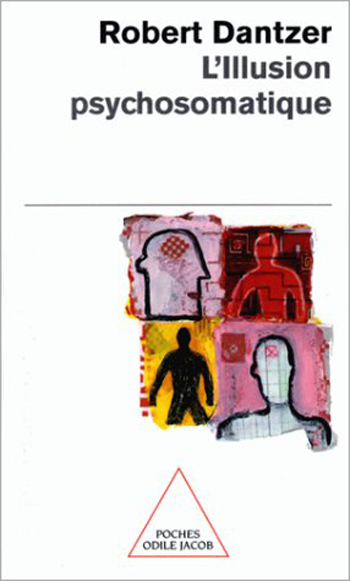Catalog All books
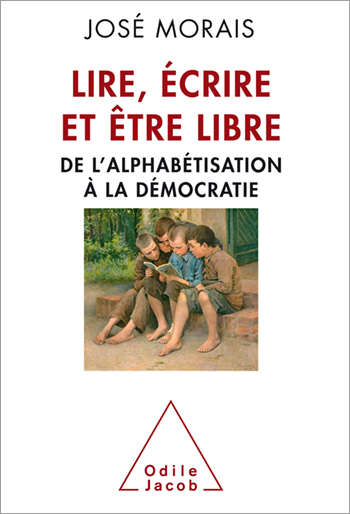
José Moraïs
Read, write and be free From Literacy to Democracy
The essential, driving role of literacy in the transformation of existing pseudo-democracies into real democracies
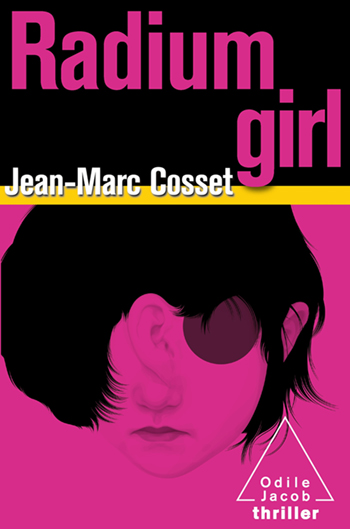
Jean-Marc Cosset
Radium Girl
A gripping thriller, inspired by real events, set in Depression-era America
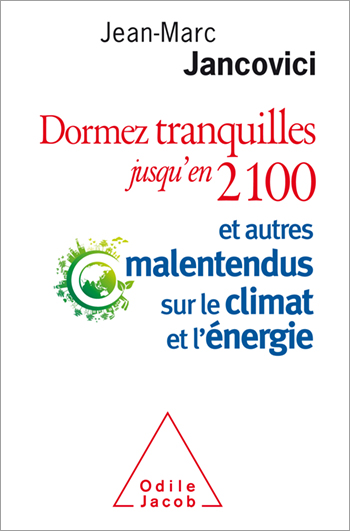
Jean-Marc Jancovici
Quiet sleep until 2100 and others Misunderstandings about the Climate, the Economy, Politics and the Environment
A brilliantly striking demonstration of the environment’s central role in the global economy
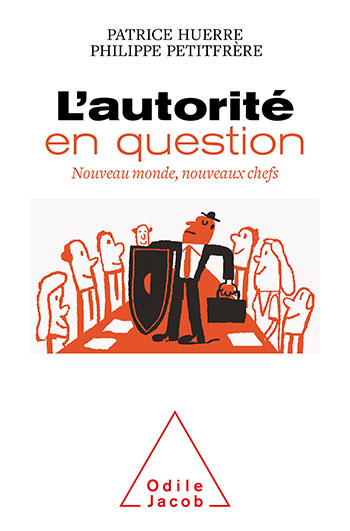
Patrice Huerre, Philippe Petitfrère
Questions of Authority At School, at Home, in Business
An increasing demand to review relationships of authority has been emerging over the past fifty years.
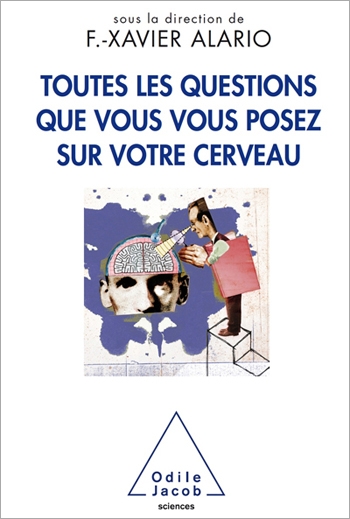
Xavier Alario
Questions About the Brain
The answers given here have all been scientifically approved and are widely accessible
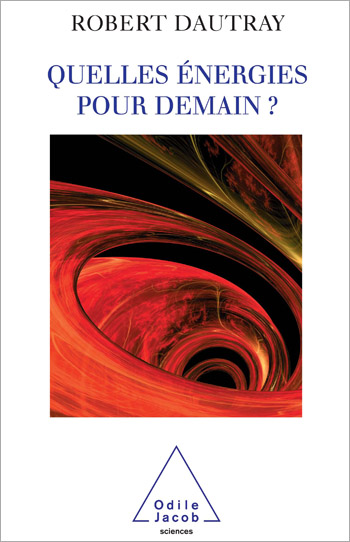
Robert Dautray
Quelles énergies pour demain ?
If there is such a thing as a French exception, it is in matters of energy. Lacking natural energy resources, France has developed a vast electro-nuclear programme which not only guarantees the country's political independence but also produces budget surpluses. Since the existing electro-nuclear equipment is not everlasting, and must thus be renewed, the question of the total dependence on nuclear energy has arisen once again. This book, by one of the most influential French scientists of the post-war period, is an in-depth analysis of the country's energy system and its problems, and the prospects for future development. The author begins by an examination of production methods by major categories (oil and natural gas, coal, hydraulic energy, solar energy, biomass, nuclear energy, geothermal energy, wind, renewable energy, bioenergy, thermonuclear energy). He then describes the role that energy plays in our society, and how society reacts to energy problems. He concludes that present and future citizen-consumers should be placed at the centre of all discussions about energy methods, that consumers should be satisfied and respected and that their opinions should be considered. But this, he says, is exactly the opposite of what has happened up to now. The last part of the book, which deals with scientific and technical research, tries to answer the questions: What should be done? What actions should be undertaken? Time is running out and irreparable harm is being done to the environment. How much time is left to discover and develop the new procedures that will enable us to save what may still be salvaged? As was amply illustrated by the heatwave of 2003, the environment remains a crucial issue. In this important book, the author has had the courage to urge scientists and experts to step out of their ivory tower, to meet with citizens, and to provide for their needs. And he takes the risk of outlining some highly specific measures to be undertaken in the next ten years. Robert Dautray is an engineer and physicist at the French Atomic Energy Commission and a member of the Academy of Sciences.
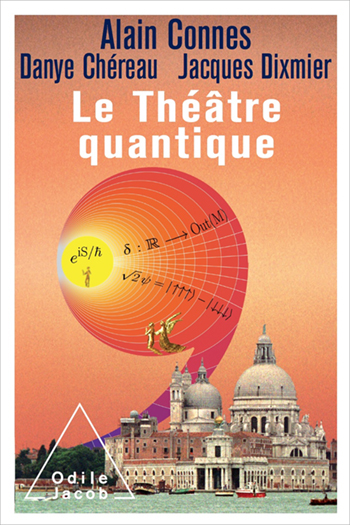
Alain Connes, Danye Chéreau, Jacques Dixmier
The Quantic Theatre
A remarkable introduction to quantum mechanics
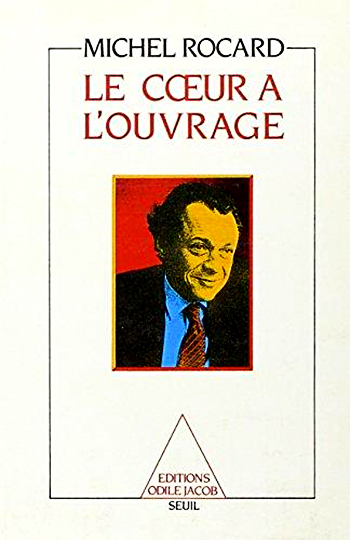
Michel Rocard
Putting One's Heart into One's Work
In this intellectual and political autobiography, former French Prime Minister Michel Rocard explains the ethical requirements which underlied his every political action. This book provides an uncompromising analysis of French society and politics by examining the economic, cultural and social questions which France poses itself today.
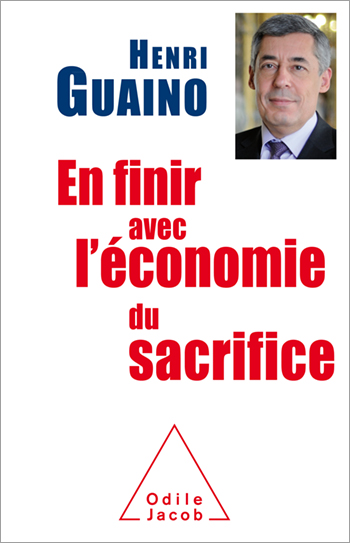
Henri Guaino
Putting an End to the Sacrifice Economy
An important work of economics, of very political economics, to feed reflection and fire debate.
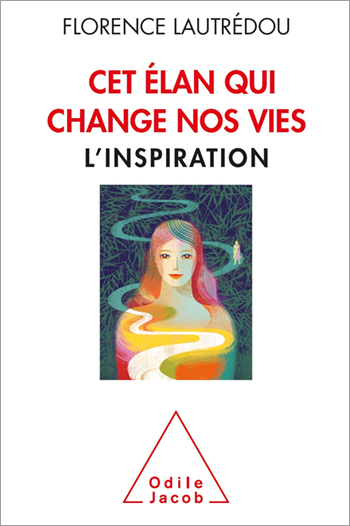
Florence Lautrédou
This Pulse is changing our lives Inspiration
A stimulating book to help us welcome the gift of inspiration, and then take charge of our lives
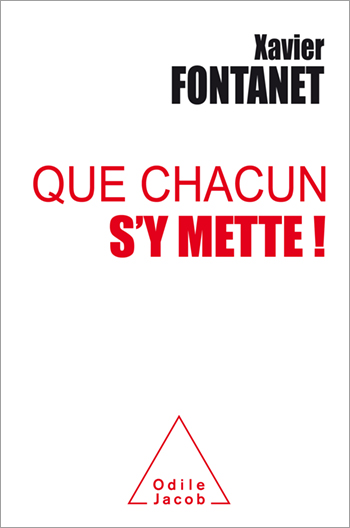
Xavier Fontanet
Pull Together, Everyone! We can succeed and rise again
Through his columns in Les Echos, of which he offers us an enriched and updated selection, Xavier Fontanet finds substantial resonance in the media and among economic and political circles. A fundamentally optimistic book, which considers that everyone — citizen, consumer, entrepreneur — can take control of their destiny and contribute to the collective good.
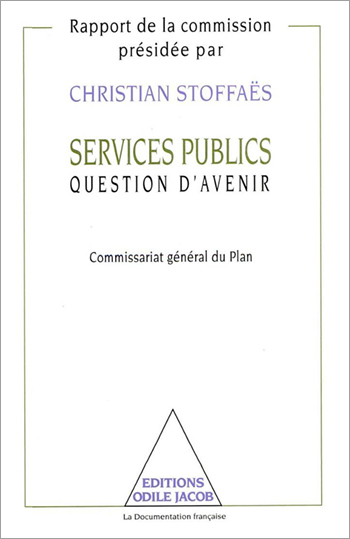
Christian Stoffaës
Public Services A Question of the Future
French public services need to be modernised. In their present position, they incarnate the Welfare State and its grand projects. They are now being challenged by the opening up of the market, the fall of the controlled economy, deregulation, and privatisations. An open economy now rules the network industries, such as energy, transport, telecommunications, and collective services. Can we really just leave isolated and without a future this cornerstone of our society which represents all at once the infrastructure of the competitive economy, great technical achievements, the republican conception of social equality and the cohesion of the country ? A result of the reflections of the Network Plan 2010 group, led by Christian Stoffaës, the director of the company Elecricité de France, this work identifies the currents of change, assesses the situation in other countries, and traces an outline of a significant project to reform the State. In co-edition with La Documentation française.
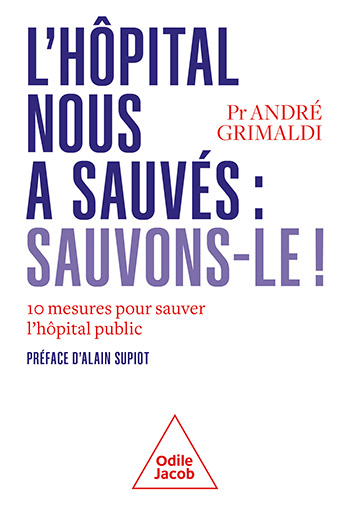
André Grimaldi
The Public Hospital is Ill: Diagnosis and Treatment Hospitals save lives, let’s save them too!
A diagnosis made on the basis of a 50-year decline in public hospital services, by one of the best specialists.
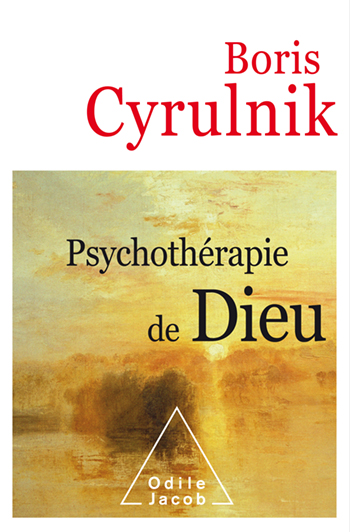
Boris Cyrulnik
Psychotherapy from God
Combining developmental psychology, attachment-based therapy, psycho-sociology, and the neurosciences, a psychotherapy of the sacred that takes into account all forms of belief, without distinction and without judgment, to analyse their foundations, their practices, their inner workings, and also their benefits. An original enlightening study of the major role played by attachment (secure or insecure) in religious feeling.
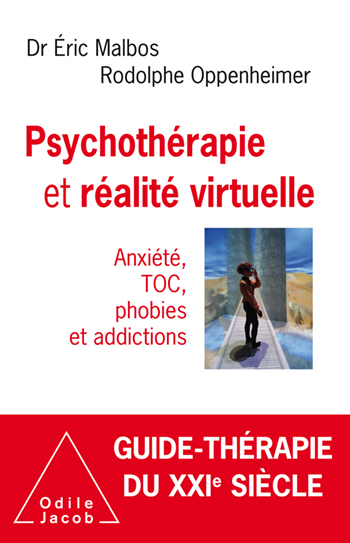
Éric Malbos, Rodolphe Oppenheimer
Psychotherapy and Virtual Reality Anxiety, phobias and addictions
A new form of psychotherapy that treats anxiety disorders, all types of phobias, obsessive-compulsive disorders, general anxiety disorders, and addictions, notably to tobacco, by confronting reality without the associated disadvantages.
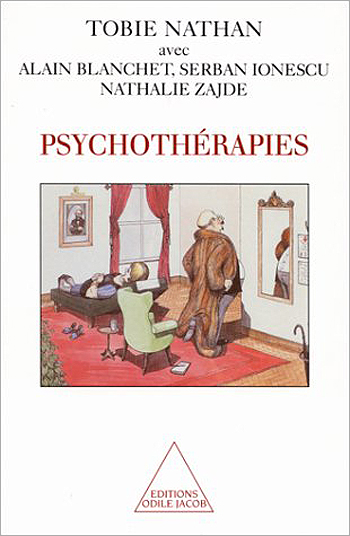
Tobie Nathan, Alain Blanchet, Serban Ionescu, Nathalie Zajde
Psychotherapies
This book is a rigorous presentation of what is now called the Nathan method, that is to say the therapeutic methods (using objects or discussion) which result in a cure through that influence. Using the differences between Western and African techniques as a starting point, he explains how following a psychotherapeutic treatment, or consulting an African healer constitutes an affiliation to a certain group. That is not to say, however, that all therapeutic methods are the same. On the contrary, this book tries to define some kind of criteria of evaluation which is conducive to an informed choice. The two main elements of psychotherapy, the therapy and the trauma, in other words the object and the motivation of the sick person for taking the step of getting treatment, are re-examined in this new context.

